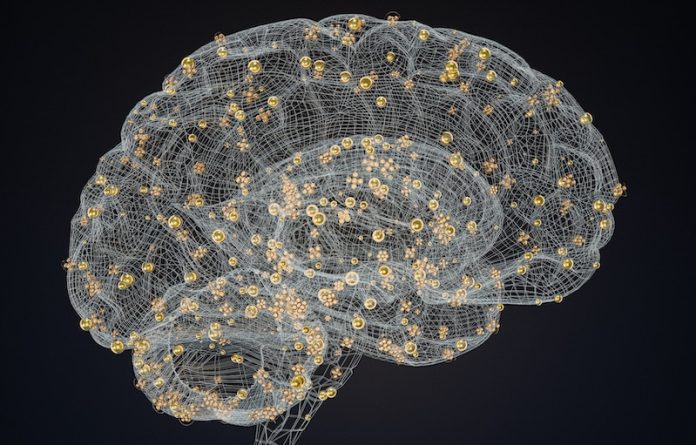
Researchers at Imperial College London are pioneering a novel brain stimulation technique known as temporal interference (TI).
This non-invasive method has the potential to treat brain diseases like Alzheimer’s and enhance memory function.
By delivering electrical fields to specific brain regions via electrodes placed on the scalp, TI enables targeted stimulation deep within the brain without the need for invasive surgery.
The Hippocampus and Memory Enhancement
The research team successfully employed TI on 20 healthy volunteers, demonstrating its memory-enhancing capabilities.
During memory tasks, participants received TI stimulation, leading to improved memory function. This finding holds significant promise for individuals with Alzheimer’s disease, where memory impairment is a prominent symptom.
Temporal interference (TI) stands out for its non-invasive nature, making it a groundbreaking approach for brain stimulation.
Previously, stimulating deep brain structures required surgical implantation of electrodes, which posed risks and complications for patients. TI’s non-invasive methodology eliminates these concerns.
Validation and Clinical Applications
This study’s significance extends beyond memory enhancement. TI can remotely target deep brain regions, offering a versatile tool for exploring their functional roles.
By stimulating different brain regions non-invasively, researchers can investigate their contributions to cognitive functions, accelerating the discovery of new therapeutic targets.
Next Steps: Alzheimer’s Research and Beyond
The research team is now conducting a clinical trial involving individuals with early-stage Alzheimer’s disease.
They aim to assess whether TI can effectively improve memory function in this patient population, offering hope for restoring normal brain activity in affected regions.
Simultaneous Validation
This study is published concurrently with another paper led by researchers at École polytechnique fédérale de Lausanne (EPFL) in Switzerland.
Their study independently validates the TI technology’s effectiveness, demonstrating its ability to stimulate a different deep brain area called the striatum.
In this context, TI improved motor memory function in healthy volunteers, highlighting the technology’s versatility and potential applications.
Conclusion
Temporal interference (TI) represents a promising breakthrough in non-invasive brain stimulation. Its ability to target deep brain structures with precision has implications for understanding brain function and treating brain diseases like Alzheimer’s.
This research opens new avenues for memory enhancement, cognitive function exploration, and the development of individualized therapeutic strategies, ultimately improving the lives of individuals affected by brain diseases.
If you care about Alzheimer’s, please read studies about the likely cause of Alzheimer’s disease , and new non-drug treatment that could help prevent Alzheimer’s.
For more information about brain health, please see recent studies about Vitamin B9 deficiency linked to higher dementia risk, and results showing flavonoid-rich foods could improve survival in Parkinson’s disease.
The research findings can be found in Nature Neuroscience.
Follow us on Twitter for more articles about this topic.
Copyright © 2023 Knowridge Science Report. All rights reserved.



